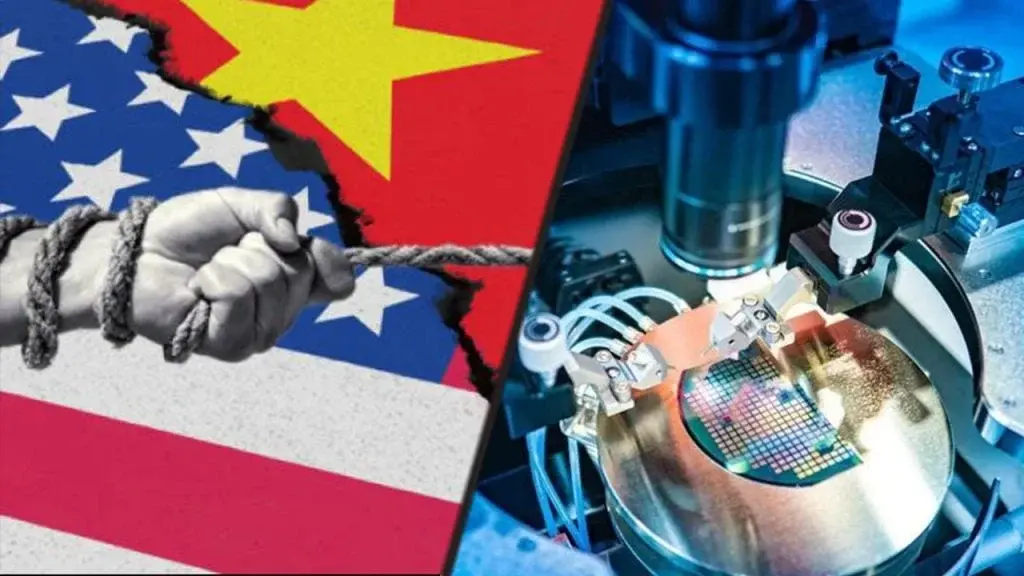Samsung, a prominent global technology giant, boasts an extensive array of products that distinguish it from its competitors. Among its offerings are smartphones, tablets, headphones, televisions, and robot vacuum cleaners. Additionally, the South Korean company is involved in the production of screens, batteries, and semiconductor chips.
Samsung's Diverse Product Range
This broad spectrum of products enables Samsung to cater to a wide range of consumers and businesses similar to Apple. However, recent reports indicate that Samsung is holding onto outdated chip-making equipment, a move believed to be linked to concerns surrounding potential repercussions from US sanctions.
Concerns Over US Sanctions Prompt Samsung's Decision
Traditionally, tech firms prioritize sustainability and resource efficiency by upgrading their production lines with newer equipment and selling off older machinery. This practice not only facilitates factory updates but also maximizes the utilization of existing assets. Despite this norm, companies like Samsung and SK Hynix have opted to retain their old chip-making equipment amid apprehensions about encountering issues with the United States.
The primary rationale behind this strategic shift is the fear that these components could inadvertently find their way to countries such as Russia and China, which are under US embargoes. While both companies exercise caution, there have been instances where their products have ended up in restricted markets, as evidenced by SK Hynix chips used in the Huawei Mate 60 series causing complications a few months back, prompting an official response from the company.
Balancing Risk Amidst Changing Political Landscapes
Although there are no explicit legal restrictions on products supplied to valid buyers, the approaching presidential election has induced a sense of caution among manufacturers who are increasingly averse to taking any chances. This scenario presents unique challenges as some manufacturers are compelled to invest significant sums in storing outdated equipment, while companies like Huawei face potential setbacks in the competitive landscape if they are unable to access cutting-edge technologies.


Leave a Reply